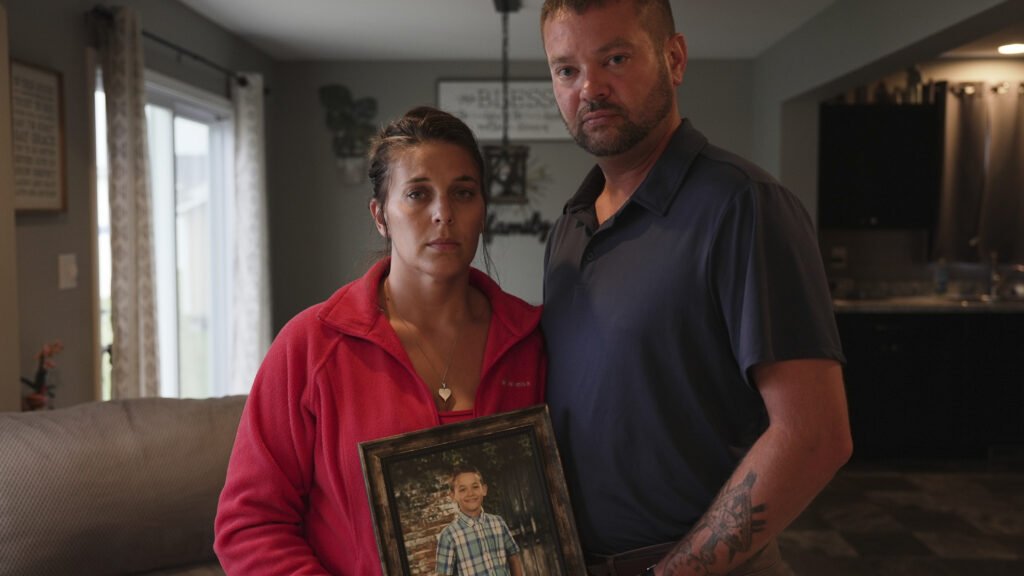The rise of anti-science bills targeting public health protections has become a concerning trend in state legislatures across the U.S. This organized campaign, led by individuals with close ties to Health and Human Services Secretary Robert F. Kennedy Jr., aims to dismantle longstanding safeguards that have been crucial to American society for over a century. Over 420 bills have been introduced this year alone, with around 30 already enacted or adopted in 12 states.
The push for these anti-science bills is part of the Make America Healthy Again (MAHA) movement, spearheaded by Kennedy, which promotes ideas that go against established scientific evidence. This movement has led to a decline in vaccination rates, resulting in the resurgence of diseases like measles and whooping cough. Despite the efforts of Kennedy’s allies to deny any anti-science agenda, experts warn that these measures could have deadly consequences.
One tragic example is the story of the Dahlberg family from Indiana, who lost their 8-year-old son Liam to a vaccine-preventable disease despite him being vaccinated. This heartbreaking loss has fueled Ashlee and Erik Dahlberg’s advocacy for stronger vaccination requirements to protect other children from similar fates.
The anti-science bills not only target vaccines but also milk safety and fluoride in water, all of which have proven health benefits backed by scientific research. The activists behind these bills spread false conspiracy theories to undermine these public health measures, putting communities at risk.
Legislators supporting anti-science bills often draw inspiration from each other, leading to a wave of legislation that challenges science-based policies. The influence of groups connected to Kennedy, such as MAHA Action, Stand for Health Freedom, and the National Vaccine Information Center, has been instrumental in pushing these bills forward.
Despite the opposition from lawmakers fighting for science-based policies, the anti-science movement continues to gain momentum. The spread of misinformation and conspiracy theories poses a significant threat to public health, as seen in the case of the Marris family in Southern California, whose toddler nearly died after consuming raw milk.
The cost of these anti-science bills is high, with lawmakers like Rep. Andy Vargas of Massachusetts stressing the importance of upholding science-based policies for the greater good. Families like the Dahlbergs continue to fight for stronger vaccination requirements to prevent further tragedies and protect future generations from vaccine-preventable diseases.
In conclusion, the rise of anti-science bills poses a serious threat to public health and underscores the importance of upholding evidence-based policies to safeguard communities. The fight against misinformation and conspiracy theories is crucial to ensure the well-being of society as a whole.


